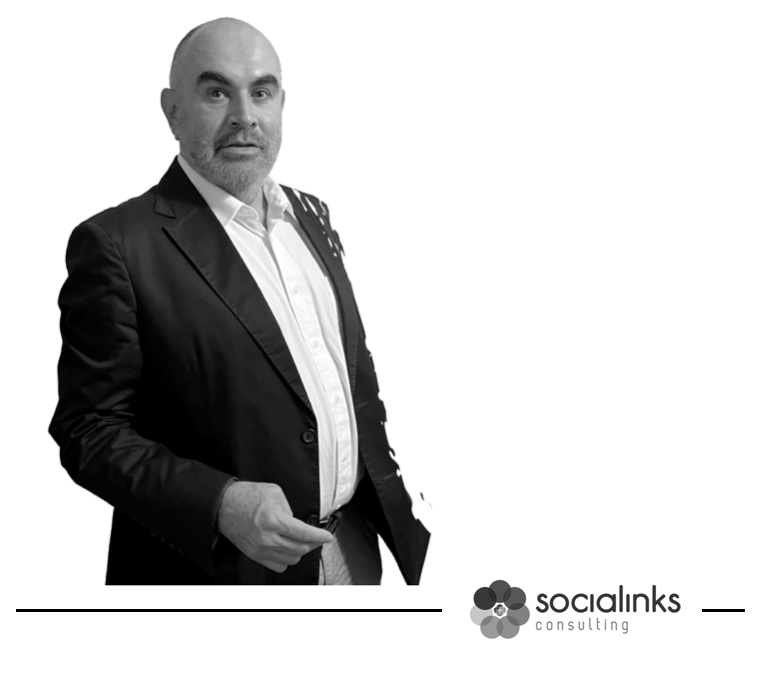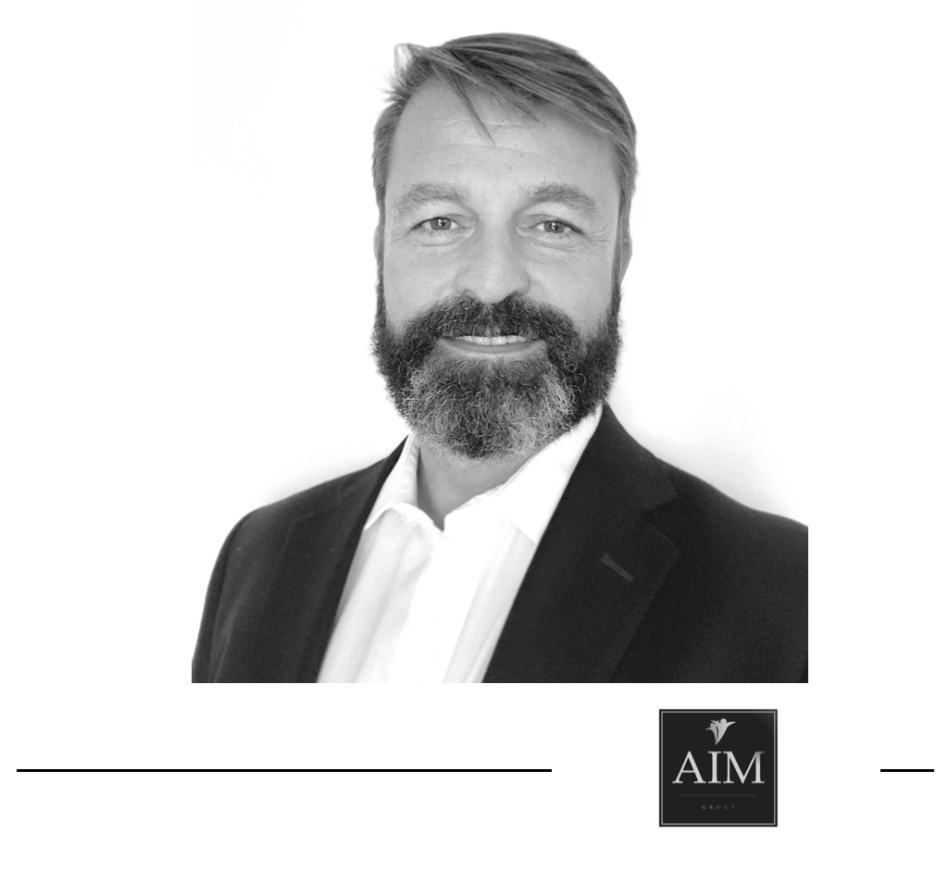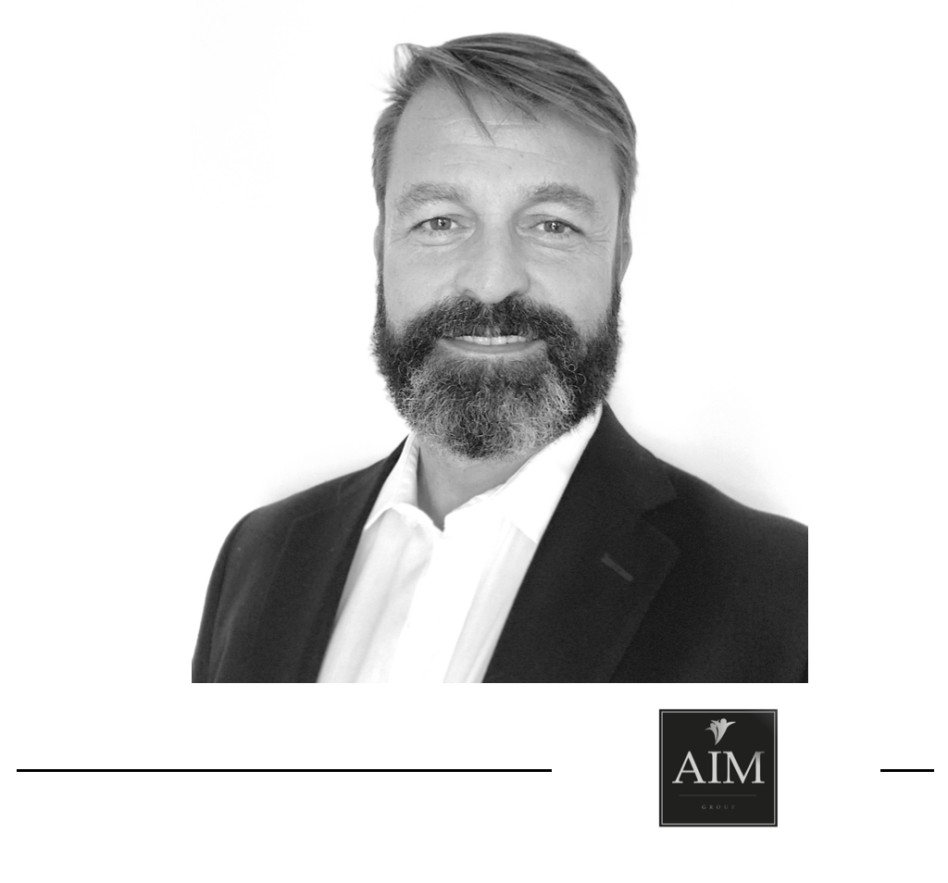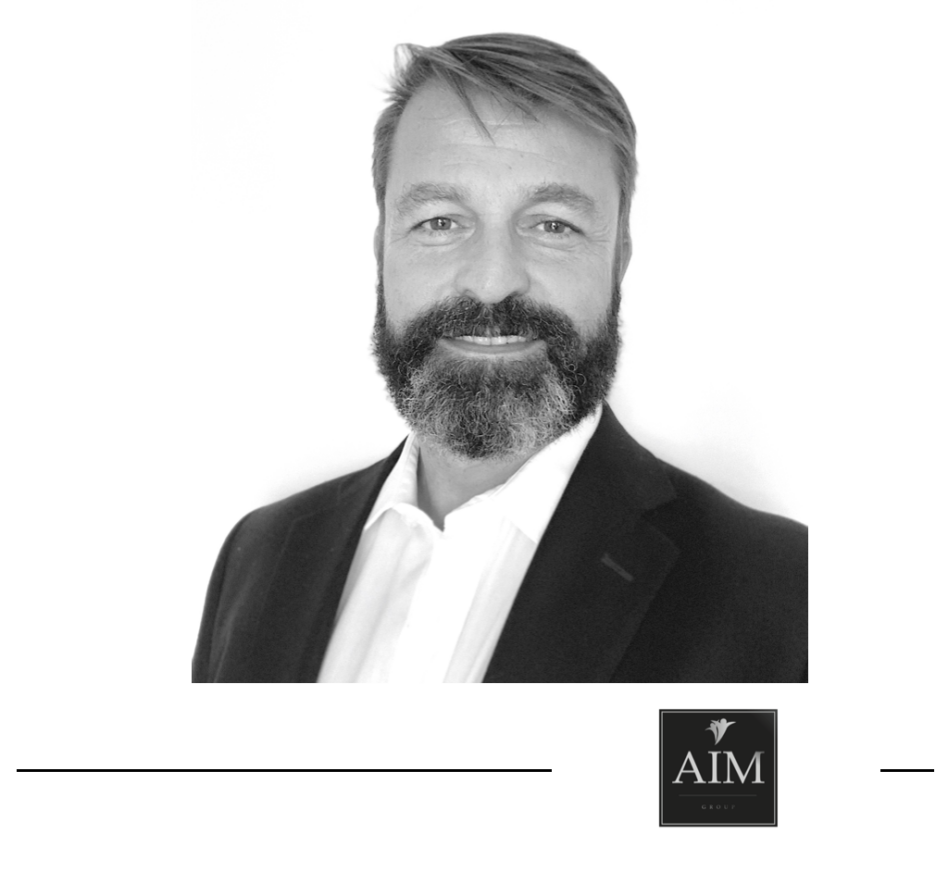By: Eduardo Rosales
Founding Partner
SOCIALINKS
Everybody talks about change. Tons of books are written on the subject and it’s common to hear that change is the only constant. Consultants like me design and use multiple tools to cope with different kinds of changes. Our own bodies, sometimes in a good way, other times not so much, are a clear proof that we are changing every second.
However, we don’t seem to be really prepared for this fact. We change with the illusion that it will be the ultimate transformation, the definitive model, the ideal system. The status quo is the default option for all of us. Among all the infinite possible paths for each person and organization, the easiest choice is to go on with the standard procedures. We choose a university, and we usually finish our studies there; we buy some type of vehicle, and the easiest choice is to make a similar decision the next time; we find a decent hamburger stand and we go there every time we crave a burger. Perhaps, most of us would prefer a world where, for the most part, nothing changed: loved ones that don’t die, successful companies that will earn money eternally, a perfect government that finally cares about us.
We don’t like change because it is problematic. It distracts us from our core activities, it involves the unexpected use of scarce resources, and the feeling of uncertainty that comes with every change is uncomfortable. We fight for personal, professional, and economical equilibrium, and sometimes change can make some of the systems we have created partially or even completely useless.
Change is inevitable at a certain point. Sometimes, some of the habits we developed for years are no longer leading us to be productive, and the systems we designed to cope with reality are not producing the outcomes they used to. On other occasions, the outcomes are as expected but we are no longer satisfied with them.
Often, it’s the context that changes, but we don’t, and other times we grow, we change, and the context stays the same. Change, indeed, is the only constant, and my life is an example.
Let me tell you my story:
As any teenager, I wasn’t sure about what I wanted to do for the rest of my life. The logical path was to study something practical, related to the family business, such as Business Administration, Finance, or Industrial Engineering. But I knew I loved arts, politics, and sports. My artistic side wanted me to become a writer, and architect or play in a rock band. My political side wanted me to be a social activist or the future President of Mexico. My sports side wanted to score a goal in the Soccer World Cup or win an Olympic medal.
I took the easy way and decided to study Industrial Engineering and be part of the family business, a truck parts shop. My plan was simple: learn tools, work for big companies, and eventually start my own business to manufacture parts for our auto parts shop. I was a good student, as I always have been, especially because I really enjoyed math and engineering courses. Every Saturday, every vacation period, and some days of the week I attended the family business.
In the meantime, I did not forget my passions. I played soccer 2 or 3 times a week, I wrote poems and short stories, I studied French and Italian, I led the youth section of a political party in the opposition, PAN.
The plan kept on working for several years but something did not feel all right. I graduated with good grades, I loved mathematics and processes, and I became a “good engineer”. I also managed to work for 2 big companies where I was a young but respected employee with a bright future in the organizational ladder. But the idea of working in a factory or a shop for the rest of my life did not feel well.
The outcomes were as expected, but the plan was incorrect. My advice: It is essential to acknowledge that every decision can be revisited. I decided to take my discomfort as a symptom of something deeper and revisited my original plan.
Unconsciously, I chose an experimental approach: I kept on the same track while tried to walk in the politics path. I did not quit my job in the private sector, but I accepted to coordinate a political campaign during afternoons and weekends. Several months later, I took a position as substitute city councilman and asked for a 6 months leave permit at my job. I even accepted to run for a seat in the local Congress, knowing that it was highly unlikely that I could win, given that the ruling party, PRI, had been in power for nearly 70 years straight.
My party, for the first time in history, won the election and I suddenly turned into a full-time politician. During the “experimental” phase, I had realized that working in something that excites you is very different from having a so-called “good job”, so I gladly accepted the change.
My career in politics and public service lasted 15 years. At some point, I should have revisited the plan, but I did not. I assumed I did not have the need because I was working in one of my passions. It’s difficult to see the landscape when you are driving.
The first years were in accordance with the new plan. I was councilman in Guadalajara for two terms and I was Congressman for one. I became a very influential politician due to my skills as public speaker and able negotiator. I found good mentors, a loyal and capable team, and I made many friends and allies. I realized that my engineering background was a great advantage when analyzing complex situations and the hard-working ethics inherited from my family was an important asset as an elected official. I was happy, involved in cultural policy, and I discovered a new area of interest: planning. Some of my old abilities from college and the private sector remained: organization, diagnostic skills, strategic approach, processes, but I used them in a different way. I even had the chance to fulfill one of my dreams, to have an Ivy League degree. I went to Princeton University and got a master’s degree in public policy. At the end of this stage, after I came back from Princeton, I was appointed Chairman of the State’s Planning Agency. It was almost like a dream: a position where I could exercise politics, planning and materialize goods for the general population.
The second part of my public career was almost inevitable. Since I knew “the territory” as chairman of a state agency, I had the proper alliances and I was an already renowned local politician, I became a candidate to lead my party. All my planning skills and my leadership capabilities were set in motion. We mobilized a large group of people and went town after town to diagnose people’s demands, local leaders’ interests and elected officials’ needs. I led a small team that designed a carefully crafted plan to win the election and we succeeded. We easily won over a rival group that had 15 years ruling the party.
I moved from public service to pure politics without acknowledging it. Suddenly, I was no longer designing laws or negotiating budgets for public works, but giving away congress and council positions, creating partisan offices to satisfy political groups and publicly defending the governor or mayors about things I did not even agree with. I became somehow a local figure with power, public attention and what people call “leadership”, and I enjoyed it at the beginning. I used, again, my old skills to do my best: to design successful election strategies, to devise optimal negotiation processes, to convey clear and coherent messages. I managed to have the best results for my party in all its history. I was even reelected for a second term as party State President.
But from time to time, I found myself feeling uncomfortable. Perhaps it was the normalization of democracy, my lack of excitement with the daily tasks of politics, or the fact of dealing most of the time with ambitious or untalented people. The thing is that often, I realized that politics did not make me happy anymore, but my team wanted me to keep on going.
So here is another lesson about change: sometimes you know it’s time to change, but people around you, don’t. Change is not only problematic for the individual or an organization that is committing to it, but also for the system it belongs to. When you are in a leadership position, you play a role in your team members’ lives, you help them satisfy their needs and sometimes you take some of the duties they want to avoid. You serve them more than the other way around.
At the end, a change in context gave me a perfect excuse to pivot: my party lost several positions in an election and my internal adversaries used it to organize demonstrations against me. 4 months later, I resigned from my position in the middle of an internal crisis. For several months, I remained as leader of my political group, but my discomfort was so evident that I avoided attending meetings as much as possible and the rest of the team got used to it.
For the first time in my life, I did not have a plan. I knew I did not want to be a politician, but I did not know what I wanted to be.
I kept myself busy to avoid reality. I started a business, but I could not make it profitable. I wrote my thesis to obtain my second master’s degree and I applied for another graduate program. I attended meetings and events just to fill my day.
It was a long night: I was 40, working in an environment that did not allow me to leave, and with a lot of insecurities. Doors were closing behind me, and I had not opened new ones.
My college calculus teacher told me once: when you can’t solve an equation after a significant amount of time, erase everything and start all over again. That’s what I did.
I had to take a long break to realize how my new life should be. I went to Harvard for another master’s degree determined to get out of my comfort zone. I took classes with the best professors; I studied subjects I had never taken and attended lectures and conferences on topics I had never heard of. I also realigned with parts of my old self: I got involved in students’ politics, I visited museums, I took courses on leadership and innovation, and I played soccer once a week. I immersed in myself to redo my life. To create a new me, I had to remember who I was.
At the end of the 2 years, I knew I wanted to do consultancy on public affairs. I was no longer a politician, but I enjoyed understanding power and its characteristics. I was no longer an engineer, but I felt excited every time I solved complex problems and designed methods to do it. To redesign my life, I used the same old tools: Evaluate my resources, set a strategic goal, and design a plan.
My final advice as a consultant: context changes, people change, organizations change, but it’s up to everyone to face it successfully. Don’t be afraid of change, be afraid of not being prepared for it. Focus on your long-term goals: it may be to improve people’s lives, to have a sustainable business model, or to be happy. Then, monitor the context and yourself, draw the path and change what needs to be changed.
Change, in my experience, is more often a blessing than a curse.




